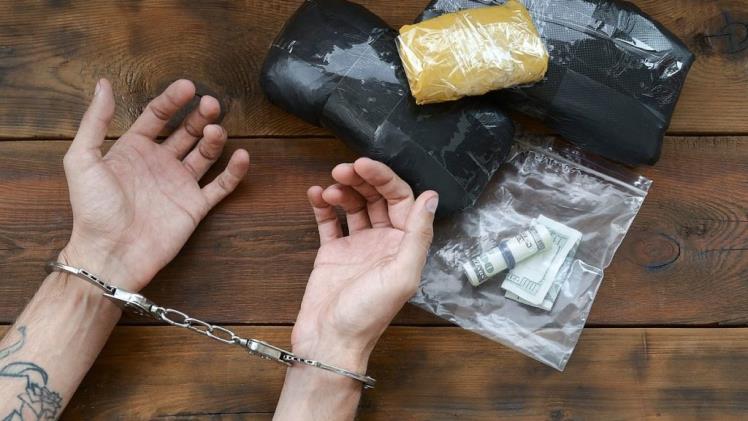Drug trafficking laws in Oklahoma, as well as at the federal level, are intricate and multifaceted. The jurisdiction under which you are tried—state or federal—depends on the specific circumstances and details of your case. Drug trafficking charges can arise at the state level if the alleged offense occurred within the state’s boundaries. However, if your arrest is related to the transportation of illegal drugs across state lines, federal charges may apply. If you have been arrested for drug trafficking in Yukon, Oklahoma, it is imperative to contact Fassio Law promptly. A skilled defense attorney can adeptly navigate the complexities of both state and federal drug trafficking laws.
What to Expect from a Drug Trafficking Charge
Facing a drug-related charge, particularly drug trafficking, is a serious legal predicament. If convicted of intent to distribute the drugs in question, you may be subject to a prison sentence lasting at least three years and a fine of at least $50,000. In Oklahoma, you are typically required to serve 85 percent of your sentence before becoming eligible for parole or probation.
Furthermore, drug-related asset forfeiture can be a consequence when these assets are linked to an illegal drug enterprise. Additionally, a drug trafficking conviction may result in the loss of certain fundamental civil rights.
How to Avoid Prison Time
While incarceration is often expected in drug trafficking convictions, it is possible to avoid this penalty through various legal strategies:
- Getting your drug trafficking charges dropped or dismissed: Your defense attorney can challenge the evidence presented by the prosecution, scrutinizing its validity and legality. They can argue for the suppression of evidence obtained through illegal means.
- Arguing lack of knowledge: The state must prove that you were aware of the content being transported in your possession. Your attorney may argue that you were unaware of the presence of drugs within a vehicle you were driving. This argument could be particularly compelling if you were using a rental car in which drugs were concealed without your knowledge.
- Arguing lack of possession: To be charged with drug trafficking, the prosecution must provide evidence that you were in possession of the drugs in question. Possession can be either actual or constructive. Contesting possession is typically more challenging if the drugs were found on your person. However, to prove constructive possession, the prosecution must demonstrate that you had access to the illegal substances and the ability to exert control over them. Consequently, your attorney should aim to show the jury, judge, or prosecutors that you did not have access to or control over the illegal drugs.
In drug trafficking cases, a strong legal defense is essential to protect your rights and pursue the most favorable outcome. A knowledgeable attorney can develop a tailored defense strategy to challenge the charges against you and potentially avoid prison time.

